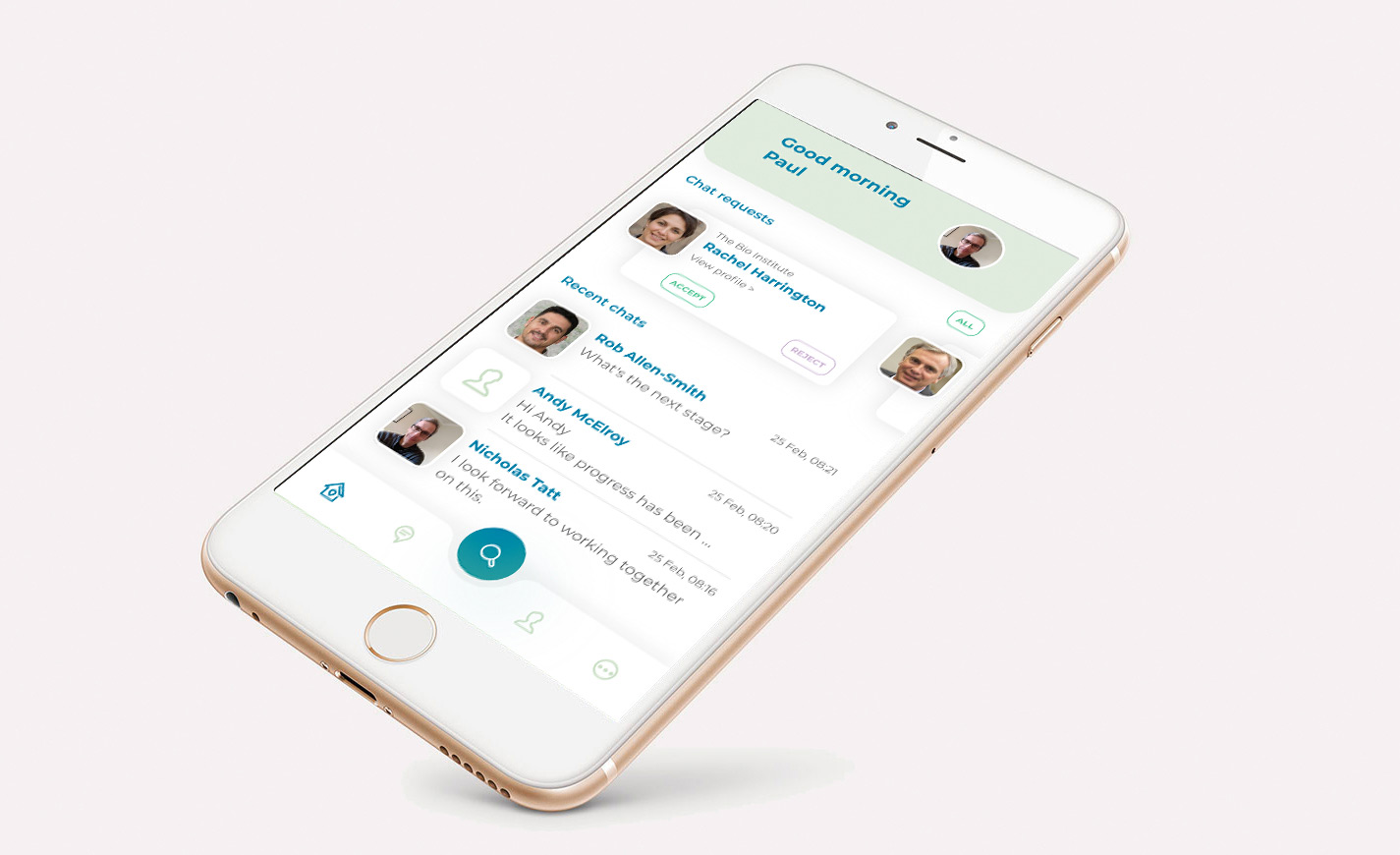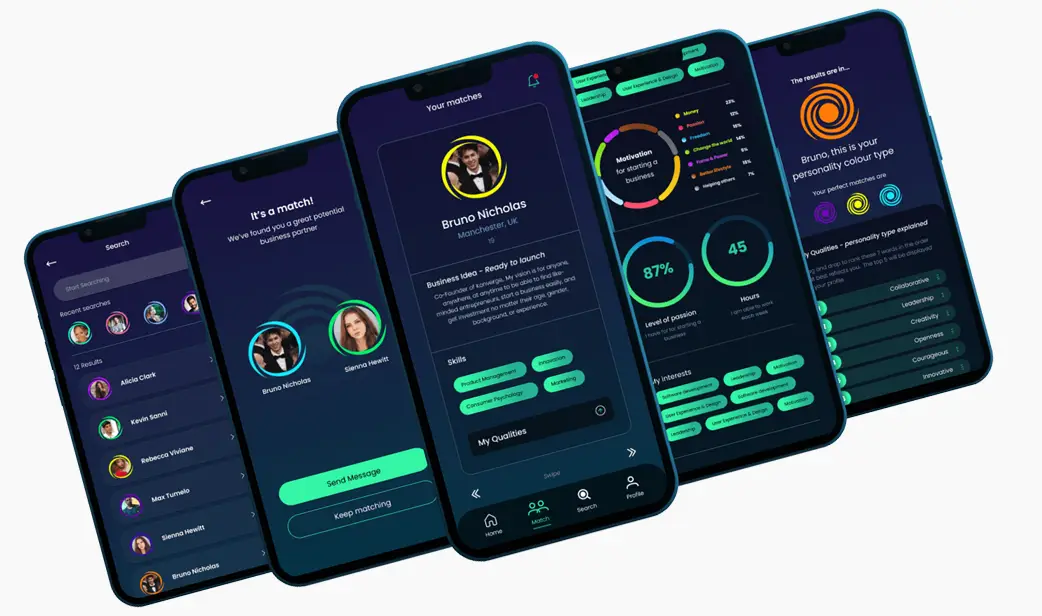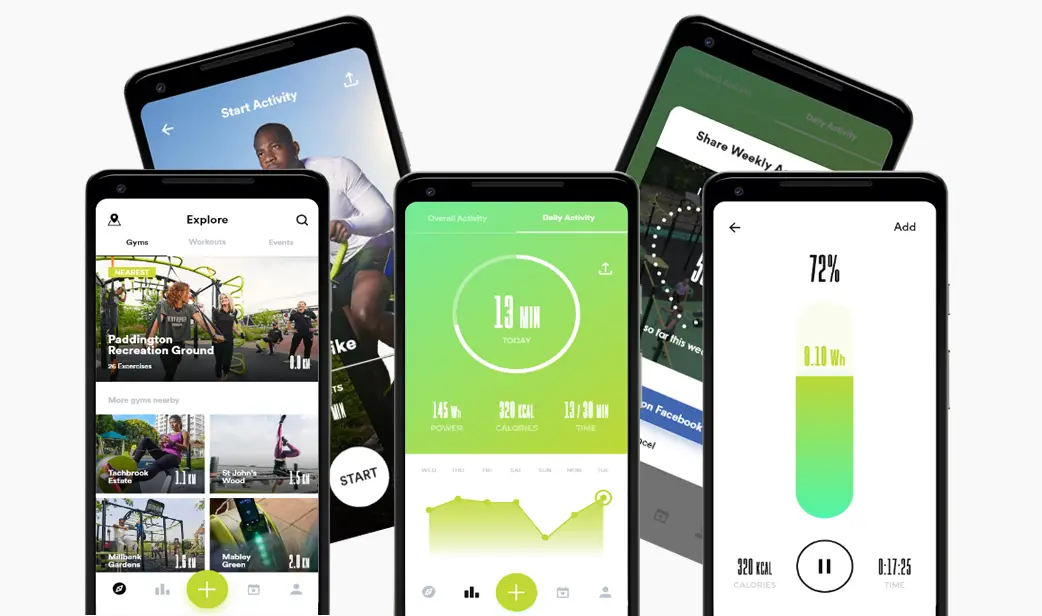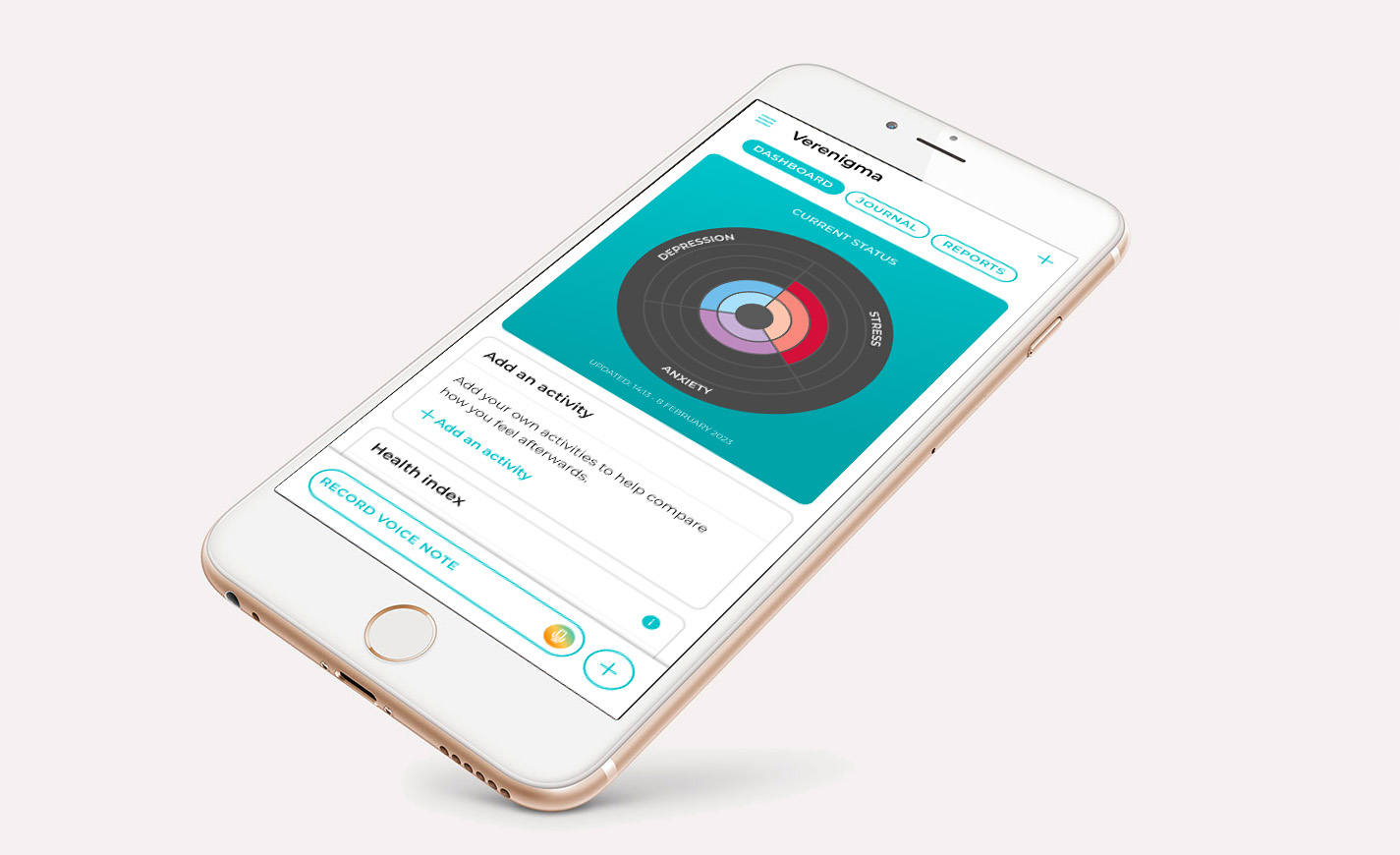There are several cross-platform solutions available that allow app development agencies like us to build applications that can run on multiple operating systems and devices. Some popular options:
React Native: A popular open-source framework that uses JavaScript and allows developers to create native mobile apps for both iOS and Android platforms.
Xamarin: A Microsoft-owned platform that allows developers to build cross-platform mobile, desktop, and web applications using .NET and C#.
Flutter: An open-source mobile application development framework created by Google that uses the Dart programming language to build high-performance, cross-platform apps for iOS and Android.
Framework7: A framework that allows developers to build hybrid mobile applications using web technologies such as HTML, CSS, and JavaScript for various platforms such as iOS and Android.
Electron: A framework that allows developers to build desktop applications using web technologies such as HTML, CSS, and JavaScript for Windows, macOS, and Linux platforms.
Ionic: A popular open-source framework that uses HTML, CSS, and JavaScript to build cross-platform mobile, desktop, and web applications.
Cordova: A platform that allows developers to build hybrid mobile applications using web technologies such as HTML, CSS, and JavaScript for various platforms such as iOS, Android, and Windows.
Unity: A game engine that can be used to build 2D and 3D games for various platforms, including iOS, Android, Windows, macOS, and more.
Reach a wider audience
The most significant advantage of cross-platform app development is the ability to reach a wider audience. Creating an app that works across multiple platforms allows you to tap into a more extensive user base than if you were to develop separate apps for each platform. This means you can expand your business and reach more customers without investing in separate development teams or additional resources.
Cost-effective
Developing separate apps for each platform can be costly and time-consuming. Cross-platform development can reduce costs and time by allowing developers to write code once and deploy it across multiple platforms. This means you can save money on development costs, as well as on ongoing maintenance and updates.
Consistency in design and user experience
Cross-platform app development ensures consistency in design and user experience, meaning your app will look and function the same on all platforms, giving users a seamless experience regardless of the device they are using. This consistency can help build brand recognition and loyalty, as users will come to associate your app with a consistent and reliable experience.
Real-World Cross-Platform Success
When we built 2mins, a gamified financial education app, we used cross-platform technology to deliver simultaneously to iOS and Android users. This approach allowed the client to validate their market across both ecosystems within a single 12-week development cycle, reducing costs by approximately 40% compared to native development whilst maintaining the performance standards required for App Store approval.
View the full case study: 2mins: Gamified Financial Education App
Faster time to market
With cross-platform app development, you can get your app to market faster. By developing a single codebase that works across multiple platforms, you can reduce development time and launch your app simultaneously across all platforms, allowing you to capitalise on market opportunities more quickly and stay ahead of your competition.
Cross-platform development is particularly well-suited for MVP (Minimum Viable Product) launches. When you're testing a new app concept and need to reach users on multiple platforms quickly without significant investment, cross-platform frameworks allow you to validate your idea across iOS and Android simultaneously. This approach is ideal for startups and businesses looking to prove market demand before committing to native development for optimal performance.
Easier maintenance and updates
Maintaining separate apps for each platform can take time and effort. With cross-platform app development, you can make updates and maintenance changes to a single codebase that will apply across all platforms, allowing you to quickly fix bugs and make updates without having to invest time and resources in separate maintenance for each platform.
Improved collaboration
Cross-platform app development can also improve collaboration between developers. Since they are all working on the same codebase, they can share ideas, solutions, and resources more efficiently. This can lead to more efficient development processes and better app performance and functionality.
Better scalability
Cross-platform app development can also improve scalability. As your user base grows and you need to add new features or functionality, you can quickly scale your app across multiple platforms without reinventing the wheel. This can save you time and resources and help you stay competitive in a rapidly changing marketplace.
Reduced time to market
Developing an app for multiple platforms can reduce time to market because developers can work on the codebase simultaneously instead of developing separate apps for each platform. This helps you get your app to market faster, which is crucial in today's fast-paced business world.
Improved user engagement
Finally, cross-platform app development can improve user engagement. By offering a consistent experience across multiple platforms, users are more likely to engage with your app and stay loyal to your brand. This can lead to higher user retention rates and better overall business performance.
In conclusion, cross-platform app development offers numerous benefits, including broader audience reach, cost savings, consistency in design and user experience, faster time to market, and easier maintenance and updates. These advantages make it an excellent choice for businesses launching MVPs or seeking efficient multi-platform solutions. If you're considering developing an app for your business, cross-platform development is worth exploring and something we can advise on here at Tinderhouse.
Need an app or website?
Get in touch to discuss how we can help create an app of your own or find out how our Fractional Product Team can support your development journey from MVP through to scale.













